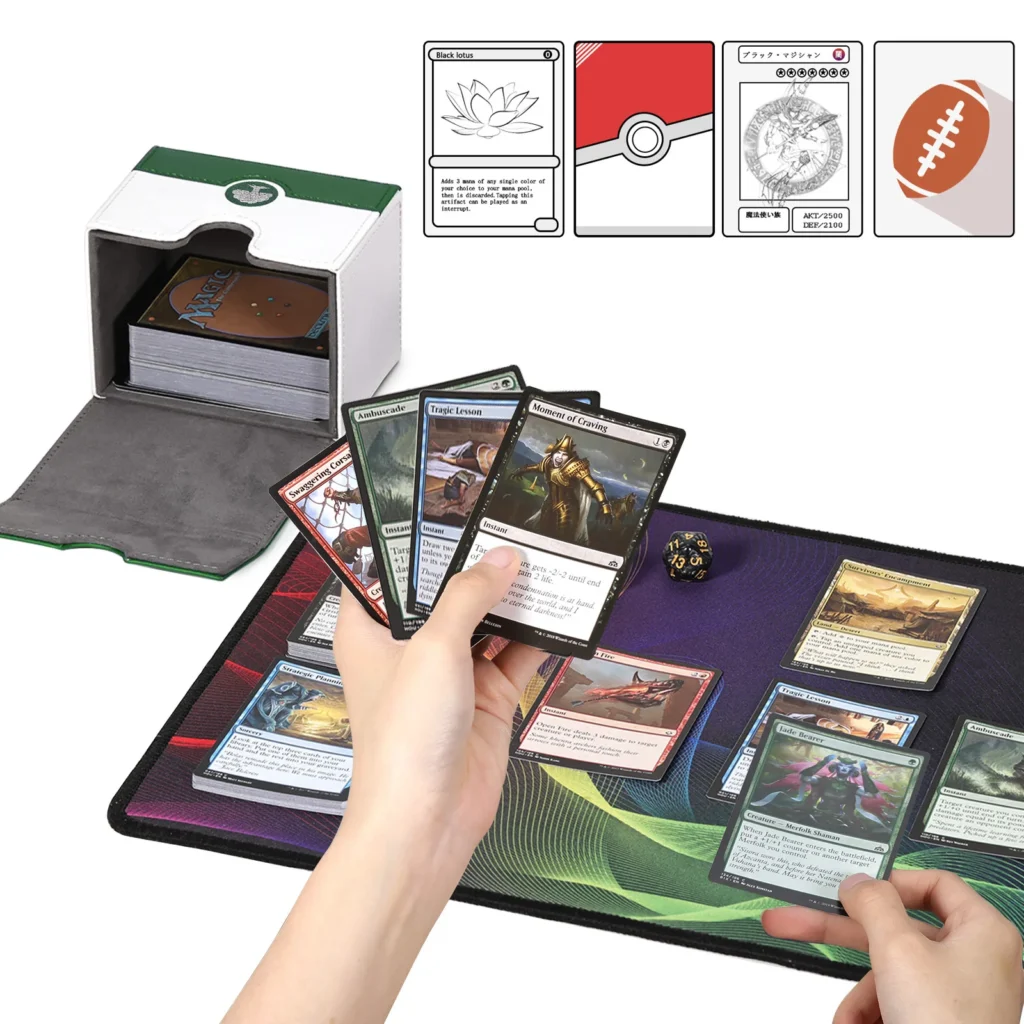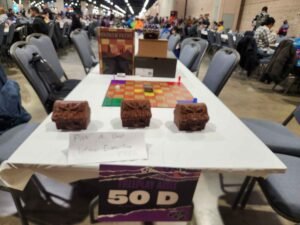
Introduction: A Personal Journey into Tabletop Games
I’ve loved tabletop games for as long as I can remember. There’s something timeless about gathering around a table, rolling dice, making moves, and laughing (or stressing) over what happens next. In a world full of screens, tabletop gaming has always felt more personal, more human.
When I started designing Broken Paths, I didn’t just want to make another board game. I wanted to create something that honored that tradition, the social magic of tabletop games, while still standing out as a unique experience of its own.
The Tabletop Games Renaissance
Right now, tabletop gaming is going through a real renaissance. Cafés are popping up in every city, publishers are releasing hundreds of new titles each year, and players are rediscovering how rewarding it is to sit down with friends and family over a physical game.
It’s not just about entertainment anymore. Tabletop games are cultural events. They build community, spark creativity, and offer something digital games can’t replicate: face-to-face connection.
That’s the ecosystem I wanted Broken Paths to belong to; not as another product on a crowded shelf, but as a meaningful, personal contribution to the movement.
Where Broken Paths Fits In
So, how does Broken Paths connect to this bigger world of tabletop games?
-
It’s short but impactful. Many modern tabletop games are long campaigns that demand hours of commitment. Broken Paths flips that by being quick, but still full of tension and strategy.
-
It’s accessible. You don’t have to be a “board game geek” to enjoy it. Families, casual players, and hobbyists can all pick it up easily.
-
It’s unpredictable. No two plays are the same, which gives it the replay value people expect from modern tabletop design.
In other words, it’s not just a custom board game I built for fun, it’s part of the broader conversation about what makes tabletop games exciting today.
Learning from the Tabletop Community

When I was testing early versions of Broken Paths, I noticed something: people were already comparing it to other tabletop games they knew and loved. Some said it reminded them of the unpredictability of party games. Others said it scratched the same itch as strategy games but without the time commitment.
That feedback told me two things:
-
The game resonated with the community of tabletop gamers.
-
It had its own personality while still feeling familiar.
I think that’s why tabletop games thrive, we love comparing, contrasting, and finding new favorites that feel just right for the people we play with.
What Makes Broken Paths Different
Of course, the tabletop market is crowded. Thousands of titles exist, each with its own gimmicks and themes. So why should Broken Paths matter?
-
It wasn’t built for mass production. It was built with care, tested with players, and refined until it felt smooth.
-
It doesn’t rely on flashy extras or digital gimmicks. It’s just pure tabletop fun.
-
It carries a simple but powerful message: a game can be quick, easy to learn, and still meaningful.
That’s what I wanted to bring to the tabletop games conversation, a reminder that not every game has to be sprawling or complicated to leave an impact.
A Personal Contribution to the Tabletop Ecosystem
The truth is, Broken Paths is my way of giving back to a hobby that’s given me so much. I’ve learned, laughed, and connected with people through tabletop games my whole life. Designing this game was my chance to create something that others could do the same with.
It may not be the biggest or most ambitious game out there, but it’s mine. And it’s part of this larger tabletop games renaissance that I’m so excited to see grow year after year.
Conclusion: A Game That Belongs on the Table
When people ask me what Broken Paths is, I tell them this: it’s a short, competitive tabletop game that anyone can play and enjoy. But more than that, it’s my contribution to a movement I care deeply about; the rise of tabletop gaming as a way to connect, compete, and create memories.
👉 If you want to see where it fits in your own tabletop nights, you can check it out here: Broken Paths
